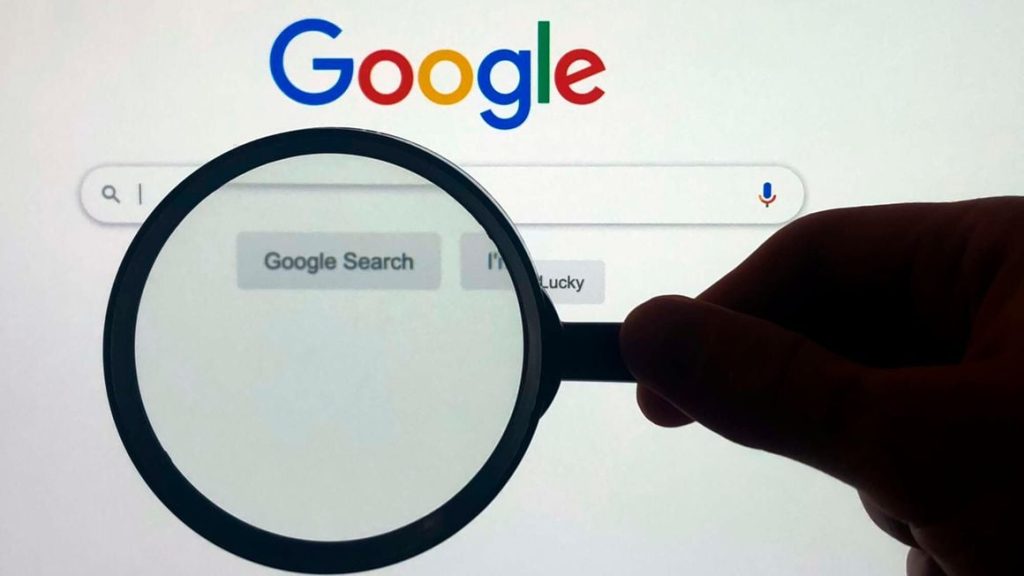Google is leveraging the latest advancements in artificial intelligence (AI) and large language models (LLMs) like ChatGPT to transform search engine marketing (SEM), now targeting small businesses in Africa. With its new AI-powered product, Gemini, Google aims to compete with OpenAI’s GPT-4 and revolutionize how businesses use search engines for online marketing.
Gemini, launched in the US in December, will now be available for African businesses, potentially revitalizing the continent’s search advertising landscape, which has seen a decline. Traditionally, SEM involved businesses paying Google to have their websites appear at the top of search results for specific keywords, enhancing their online visibility.
With Gemini, Google is shifting to an AI-driven approach. The technology will analyze website content and automatically generate keywords, ad headlines, descriptions, and images for ads, requiring businesses to only provide their website links. This means vendors no longer need to manually create search advertisements as they did before.
One of the key features of Gemini is its “conversational experience,” allowing businesses to interact with the AI to create ads effortlessly. Shashi Thakur, Google’s Vice President for Search Ads, highlighted the time-saving aspect of this tool, particularly for small businesses. “Our new conversational experience helps businesses of all sizes tap into the power of Google AI to create successful Search campaigns with remarkable ease,” Thakur said.
Although Google presents Gemini as a gamechanger for SEM, it remains to be seen whether it can reignite search advertising, especially as more users turn to LLMs like ChatGPT for quick answers that search engines used to provide.
According to digital marketing research firm Meltwater, the use of traditional search engines has seen a slight decline since 2021, with current estimates showing that around 80 percent of internet users still rely on them. However, alternative search avenues like ChatGPT and social media are emerging, posing a challenge to traditional search engine dominance.
Globally, search engine advertising generated $279 billion last year, with Google capturing the majority as it dominates nearly 90 percent of searches worldwide. In Kenya, businesses are expected to spend $18.9 million (approximately Ksh2.8 billion) on search advertising this year. However, projections indicate that revenue from search engine advertising will significantly decrease in the coming years.
A report from Gartner, a US-based technology research firm, predicts that search engine advertising could drop by 25 percent by 2026, as more users shift toward AI-powered chatbots like ChatGPT and platforms like social media for their search needs.
Further insights from American tech company Adobe suggest that younger generations, particularly Gen Z, are increasingly using platforms like TikTok for product searches instead of traditional search engines, signaling a shift in how internet users seek information online.




















